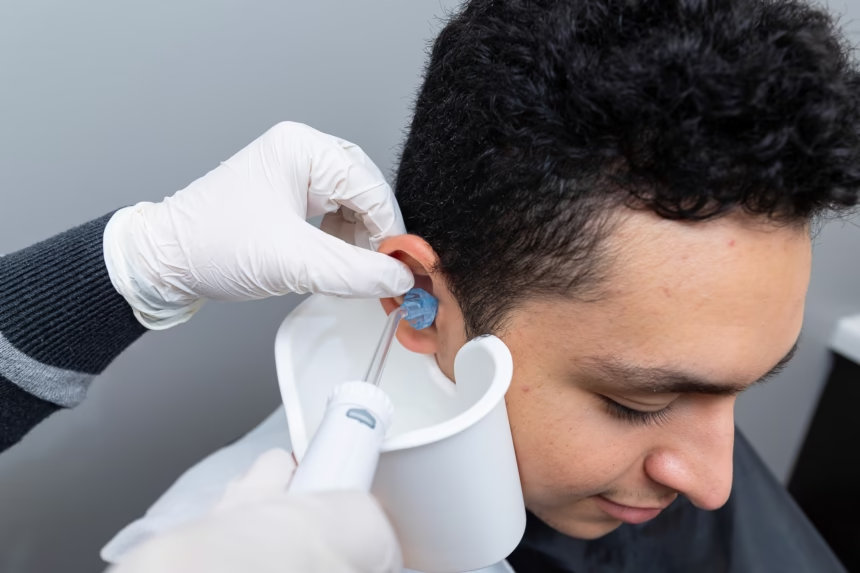An ear infection can be a painful experience, often leading to discomfort and temporary hearing loss. While many ear infections resolve on their own or with basic treatment, some can become a persistent issue. When an ear infection recurs or lingers, it may be classified as chronic, indicating a need for specialized medical care. Here is more information on chronic ear infections, their causes, symptoms, and why you should consult an ENT (ear, nose, and throat) specialist:
What Does ENT Mean?
ENT stands for ear, nose, and throat. An ENT specialist is a physician trained in the medical and surgical treatment of conditions affecting these areas. These specialists complete extensive training to diagnose and manage a wide range of disorders, from sinus problems to hearing loss.
Because the ears, nose, and throat are interconnected systems, a problem in one area can affect the others. An ENT specialist has the expertise to understand this relationship and provide comprehensive care. For issues such as recurring ear infections, their specialized knowledge is beneficial for identifying underlying causes and developing treatment plans.
What Are Chronic Ear Infections?
A chronic ear infection is an infection of the middle ear that either does not heal or reoccurs often. This condition is medically known as chronic otitis media. It is characterized by long-term inflammation and fluid buildup behind the eardrum, which can lead to persistent symptoms and potential complications.
Unlike an acute ear infection that typically resolves within a few weeks, a chronic infection can last for months or even years. This persistence can be due to a variety of factors that prevent the middle ear from draining properly. The condition is more common in children due to the size and shape of their eustachian tubes, but adults may also develop chronic ear infections.
What Are the Causes and Symptoms?
Several factors contribute to chronic ear infections. A common cause is a dysfunctional eustachian tube, the small passage that connects the middle ear to the back of the throat. If this tube becomes blocked or does not open and close correctly, fluid can accumulate in the middle ear. Common reasons for eustachian tube dysfunction include allergies, sinus infections, and enlarged adenoids.
Individuals with this condition may experience a feeling of pressure or fullness in the ear. Other symptoms include fluid draining from the ear, muffled hearing or hearing loss, and ringing in the ear. Pain is not always a primary symptom of a chronic infection, but it can occur, especially if the infection flares up.
How Can a Specialist Help?
A specialist will provide a thorough evaluation to diagnose a chronic ear infection and identify its underlying cause. Treatment will depend on the specific cause and severity of the condition. In some cases, medication such as long-term antibiotics may be prescribed to manage the infection. If fluid buildup is a recurring problem or the infection stems from enlarged adenoids, surgery may be recommended.
Schedule a Consultation Today
Living with a chronic ear infection may affect your quality of life. If you are experiencing recurring ear pain, fluid drainage, or hearing difficulties, it may be time to consult with a specialist. An ENT can offer an accurate diagnosis and create a personalized care plan to address your specific needs. Schedule a consultation to explore your options and move toward lasting relief.









